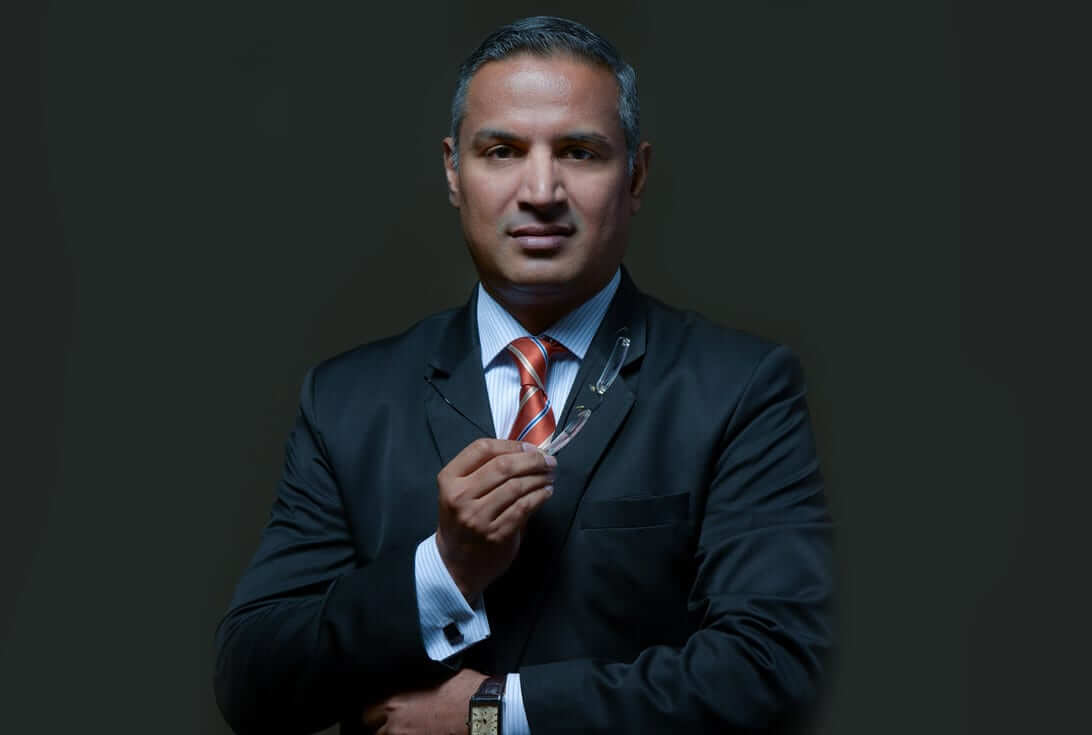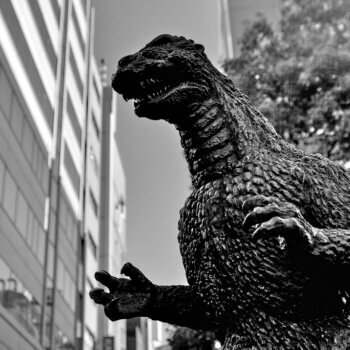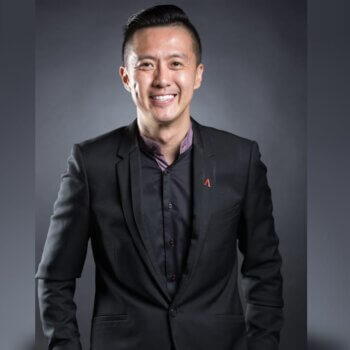Hamid Rashid did something that’s never been attempted before, successfully carried it out and is now 4 months into a new tech business.
What’s your story?
I was born on October 1974 to parents who were both from Indian descent. My life in a nutshell, took me all across the globe. I grew up in West Africa and studied in England, Malaysia and Australia. At one point, I found myself living in the States. In 2002, I returned to Kuala Lumpur to work for Hewlett Packard for 6 years handling their technology division, learning all that I could about software development. Next, it was on to oil and gas giants, Petronas. In a one-year span, between 2016-2017, I successfully launched two ICOs. Something that’s never been attempted, let alone successfully carried out. After that came Finterra. Now, we’re 4 months into the project and it still excites me every day.
What excites you most about your industry?
It’s dynamic nature. It’s ever changing, unlike other professions, technology never ever stays still long enough to collect dust. Programming languages change and evolve by the minute. Applications are updating and downsizing. There’s so much room for creativity. That’s what gets me up in the morning.
What’s your connection to Asia?
I’m from the Northern part of India so I’ll always have a connection and affinity to Asia. Specifically, Southeast Asia. I’ve lived in India. I’ve lived in Malaysia. I’ve visited almost every Asian country. So the connection runs deep.
Favourite city in Asia for business and why?
I’d have to say; my favourite city is Kuala Lumpur, and that will never change. I’ve been here for 27 years. It’s familiar, I studied here, I got my first job here and currently my company (Finterra) calls KL home. Sure, KL has its ups and downs, but it’s home.
What’s the best piece of advice you ever received?
Be like Bill Gates, not Steve Jobs. I know it’s controversial, but I like things that break – so they can be fixed. I like tinkering, exploring, always making things better, like adding more features. That is what ultimately led to the creation of Finterra.
Who inspires you?
Having come from India, I’d have to say my biggest inspiration is Mahatma Gandhi. His life resonates with mine and I’ve read a lot of books about him, even about how his teachings are still relevant in modern businesses. As you move along in life, having a career in business, you tend to look for balance.
What have you just learnt recently that blew you away?
That would be the whole blockchain revolution, without a doubt. I learned about it last year and it surprised me how much potential there is in it. Blockchain is the modern-day equivalent to what the DotCom boom was in the 90’s. You can see that we are on the cusp of something big.
If you had your time again, what would you do differently?
I would not have gone into information technology (IT). Yes, I know this shocks many people but, after awhile, you get tired of it constantly shifting and changing, (it’s a love hate relationship). I would have looked for something more constant like being a doctor, lawyer or accountant. I would have liked to be in the business of helping people.
How do you unwind?
I like to watch the Discovery and National Geographic channels. Any show to do with travelling like Lonely Planet, where you can see diverse cultures, landscapes and cuisines. Oh yes, and animal shows too.
Favourite Asian destination for relaxation? Why?
Asia is a vast area, filled with developed and underdeveloped places. On the Metropolitan side, I’d have to say Hong Kong. It’s fast-paced, vibrant and expensive. I think of it like the London of the East. The streets are similar even the tubes, signs and restaurants. For the wilder, untamed side of Asia, I like places that people don’t go to, the road less taken. Places like Afghanistan. It has a wild beauty amidst its destruction, a sort of mystique to it.
Everyone in business should read this book:
Good to Great. This book was given to me by my CEO in Petronas. It is one book that I often think about. How do good companies achieve enduring success? Are there companies that defy gravity and convert long-term mediocrity or, into long-term superiority? And if so, what are the universal distinguishing characteristics that cause a company to go from good to great? That’s what I want to read and learn about.
Shameless plug for your business:
We’re the next generation of blockchain. For the first time, we are a social solution on blockchain. Every other blockchain has an element of greed to it. We, on the other hand, are a non-profit blockchain entity. Our goal is simply to help.
How can people connect with you?
LinkedIn: Hamid Rashid – https://www.linkedin.com/in/hamid-rashid-64576aaa/
—
This interview is part of the ‘Callum Connect’ series of more than 500 interviews
Callum Laing is an entrepreneur and investor based in Singapore. He has previously started,
built and sold half a dozen businesses and is now a Partner at Unity-Group Private Equity and Co-Founder of The Marketing Group PLC. He is the author two best selling books ‘Progressive Partnerships’ and ‘Agglomerate’.
Connect with Callum here:
twitter.com/laingcallum
linkedin.com/in/callumlaing
Download free copies of his books here: www.callumlaing.com































